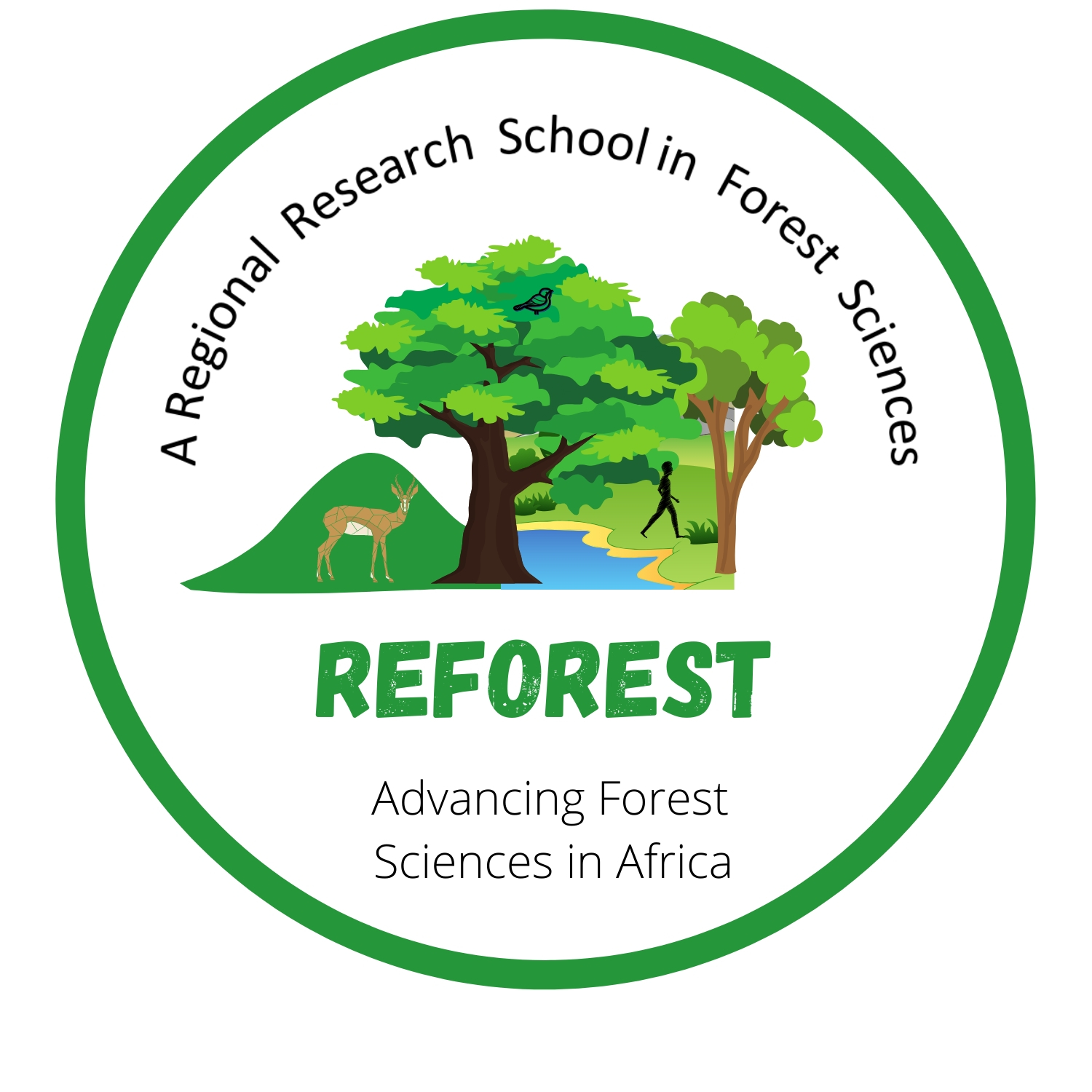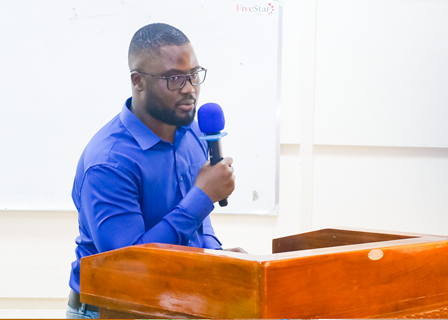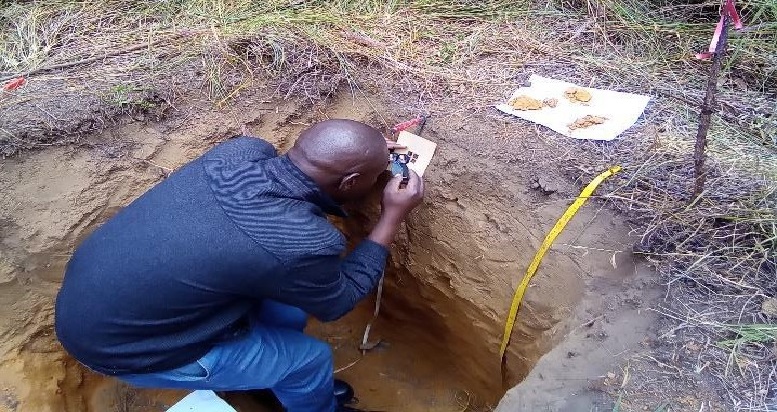By Osvaldo Meneses (PhD candidate)
The seminar conducted under Sokoine University of Agriculture (SUA) Regulations to disseminate results as a requirement for acquiring a PhD under the Regional Research School in Forest Sciences was held in two phases, from June 13 to 14 and 24 to 25, 2024.
During the seminar, I shared the results of my research entitled “Fires in Miombo Woodland and Their Impact to Climate change”.
This Research aims to access the potential of Miombo woodland fires in Mozambique to increase climate change. I had four objectives: (i) Compere trees diversity within regions affected by different fire frequency; (ii). Assess natural regeneration mortality, species dynamic and structure after annual fires; (iii) Determine biomass consumption rates (COMF) during early and late dry season fires and; (iv) Estimate GHG (CO2, CH4, CO) emissions during early and late dry season fires.
Wildfires are becoming a major threat to the Miombo woodlands. Wildfires not only cause mortality of the plant species and consequently loss of biodiversity but also contribute to the release of Greenhouse gases, particularly Carbon dioxide (CO2), which increases its potential to contribute to climate change. Fires in Miombo are so intense and frequent, so their impact on the ecosystem should not be ignored. This study provides a baseline for understanding the fire dynamics in Miombo woodland, central Mozambique. Studying wildfires is relevant, first because this region has the richest and most diverse miombo type in the country, and fires are a threat to this important ecosystem. Secondly, many protected areas in the regions implement rigorous fire management plans, therefore, demanding on more knowledge about fire behavior to improve fire management plans, thirdly, because few publications have been done regarding this topic.
Reflection on the seminar
During the two phases of the seminar, I gave two presentations: the first related to my first draft of a manuscript, “Spatio-Temporal Analysis of Wildfire Regimes in Miombo of the LevasFlor Forest Concession, Central Mozambique”. The second was on “The Effect of Fire Frequency on Plant Species Composition and Structure in Miombo Woodland of the LevasFlor Forest Con-cession, Central Mozambique”.
The evaluators, consisting of one discussant and two examiners, including the audience packed with senior SUA experts, among others, helped to bring about deep scientific debate that helped me to identify the strengths, weaknesses, potentials and vulnerabilities of their research. Ultimately, the seminar was a journey of pure learning, knowledge-sharing, experiences and excellence. Learning and sharing knowledge and experiences expanded the diversity of opinions, levels of knowledge shared between the candidate, jury and audience and vice-versa, associated with the academic profile and experience of everyone present. However, excellence is given the level of organization and preparation of the event by the REFOREST program coordination. As a candidate I send my best wishes and congratulations for their work. It was well-organized, planned and conducted seminar. The agenda was completed smoothly, and the outcome was positive. I left the event satisfied with a feeling of enormous learning and hopes to use this experience to enrich his research, which is currently being reviewed for publication in scientific journals.
Sokoine University of Agriculture
Regional Research School in Forest Sciences program (REFOREST)
College of Forestry, Wildlife and Tourism
P.O. Box 3009 Chuo Kikuu, Morogoro, Tanzania.
Email osvaldomineses@gmail.com




